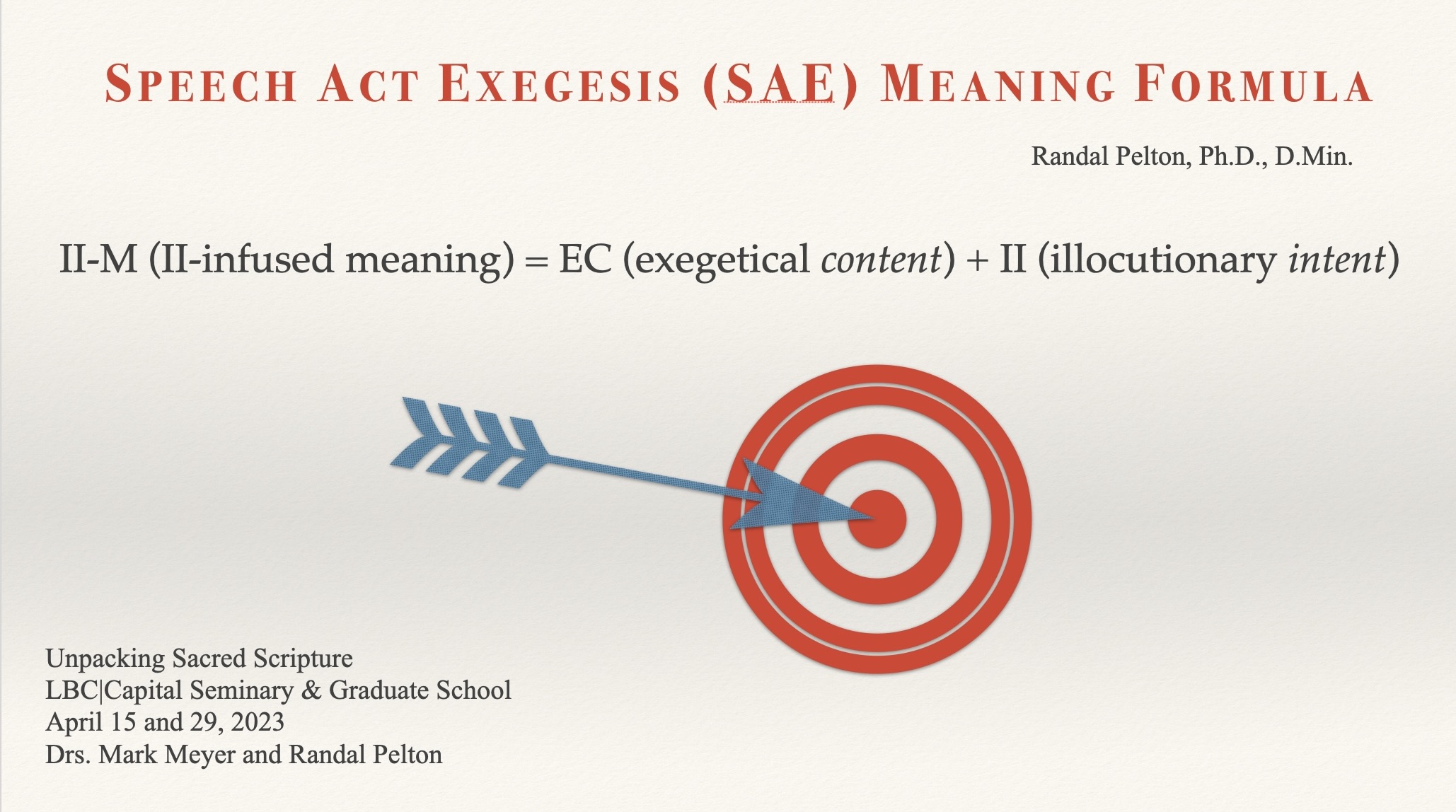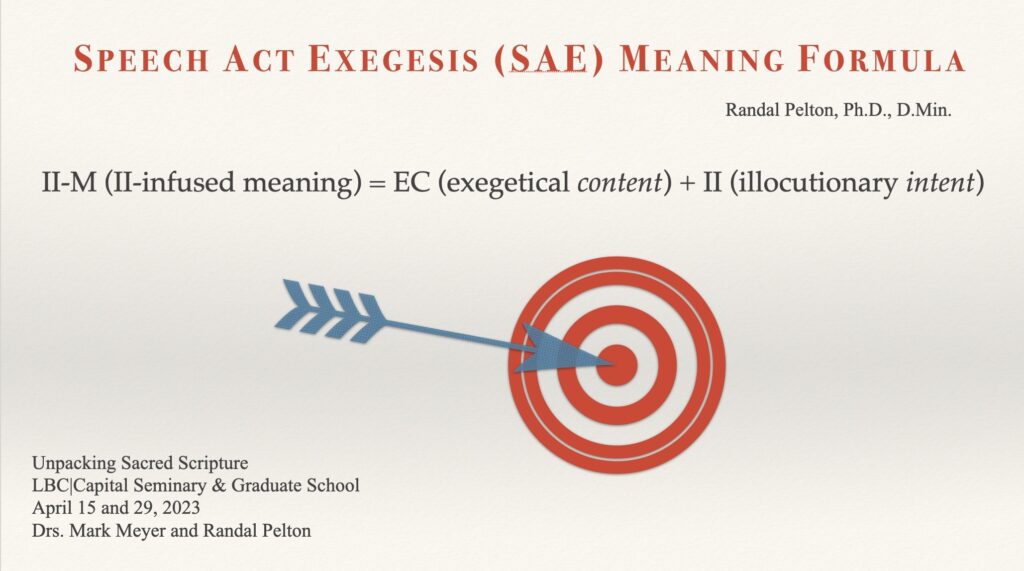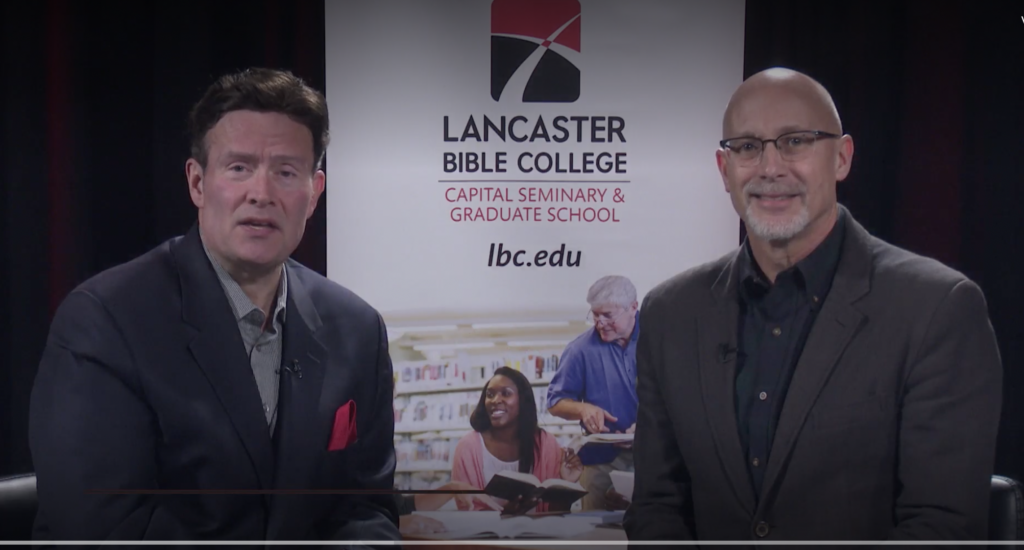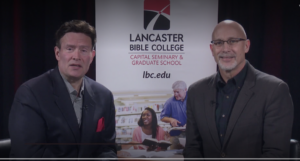As I was preparing to preach this past Sunday, I reminded myself again that my job was fairly straightforward. Not necessarily easy, but uncomplicated. If I remember correctly, I even mentioned these two things to our faith-family at the start of the message.
Two things seemed most important if the sermon was going to be a vital part of the worship service. If I could accomplish those two things, then I would have been faithful to my calling as a soul-watcher.
[I realize there’s much more to preaching than these two things, but not less!]
First, it is important for our exegetical method to trace the flow of thought or argument of a preaching portion, regardless of genre (type of literature). Since God decided to write down His revelation to us, He determined to convey theology through literary structure. Tamper with the structure and we may run the risk of tampering with the theology. That’s how His communication works. So, you might consider analyzing the flow of thought or logical structure of a text to be exegesis’s first task. It is always the first thing I do every Monday morning.
Some of my students will recall this being the “A” in ABIT.
Second, it is important for our exegetical method to discover the worship response God is aiming at in His Word. Tracing the flow of thought will reveal how the ideas fit together to form meaning. You and I will have to infer, however, how God intends that meaning to move His listeners to some worship response. You might be more familiar with thinking about the application and that’s fine. I prefer to think of how God intends for the Believer to respond to His revelation as an act of worship. Our exegetical method should allow us to arrive in the pulpit each Sunday ready to announce what God intends for His Word to do to the church.
Again, students may remember this as the “I” in ABIT.
Is this really that important? Sermons on Luke 15 that primarily call all prodigals to come home have missed the flow of thought arising out of vv. 1-2. Missing the argument automatically skews the intention. Tracing the argument leads to a sermon that primarily calls all Pharisee-like listeners to come home.
May our Lord receive glory in the church and in Christ Jesus (Ephesians 3:21) as you use your exegetical method each weekend.
Randal












